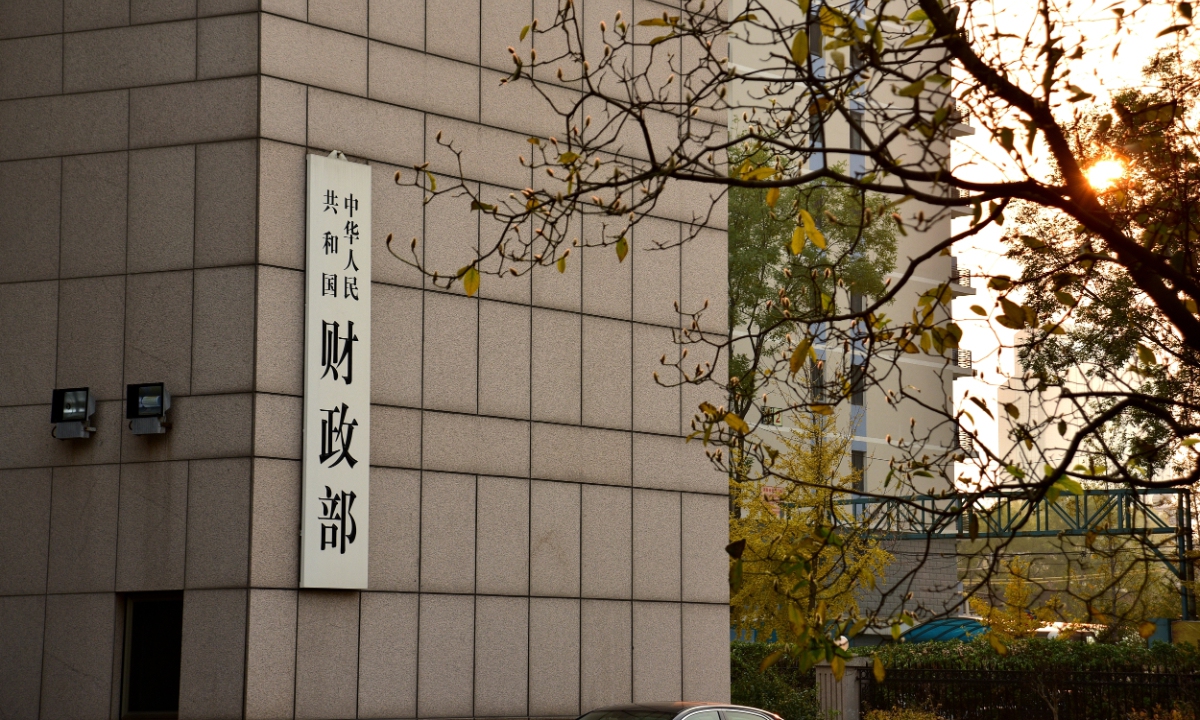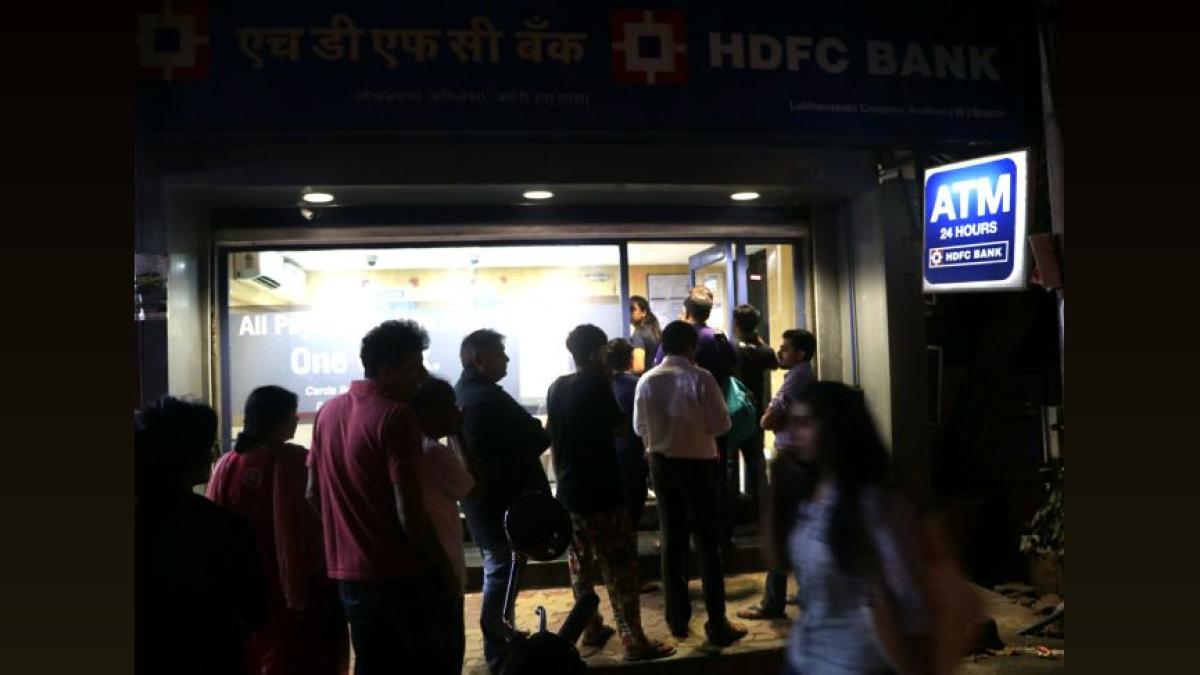Hidden Debt Crackdown: China's Finance Ministry Names and Shames Local Authorities

Beijing, NZ – China's Ministry of Finance has taken a significant step in tackling the growing issue of hidden local government debt, publicly revealing six cases of accountability on Friday. This move, part of a broader effort to manage financial risks, aims to expose practices that have allowed debt to accumulate off the official books, potentially threatening economic stability.
The ministry’s announcement is being widely interpreted as a clear signal that local authorities will face serious consequences for failing to properly disclose and manage their debts. The six cases, detailed in a report released by the Ministry of Finance, highlight various methods used to conceal debt, including the misuse of public-private partnership (PPP) schemes, off-balance sheet financing through local government financing vehicles (LGFVs), and opaque project financing arrangements.
What Were the Cases?
While the specific locations of the implicated authorities haven't always been explicitly named (likely to avoid immediate political fallout), the report provides enough detail to understand the nature of the transgressions. Some key examples include:
- PPP Scheme Abuse: Local governments leveraging PPPs to build infrastructure projects without properly accounting for the associated debt obligations. This often involved overly optimistic revenue projections and inadequate risk assessments.
- LGFV Misuse: Utilizing LGFVs – entities established by local governments to raise funds – to circumvent borrowing limits and conceal true debt levels. These LGFVs often operated with limited transparency and lacked proper oversight.
- Off-Balance Sheet Financing: Employing complex financial structures to keep debt off the government’s official balance sheet, making the true extent of liabilities difficult to ascertain.
Why is This Important?
Hidden local government debt poses a significant risk to China’s economic outlook. While the central government has implemented measures to control overall debt levels, the existence of hidden debt undermines these efforts. It can lead to:
- Financial Instability: Unexpected debt defaults can trigger financial crises and disrupt economic growth.
- Reduced Investment: Uncertainty about the true extent of local government debt can discourage private investment.
- Social Unrest: Failure to repay debt can lead to cuts in public services and increased social tensions.
What's Next?
The Ministry of Finance's move is expected to trigger a wave of audits and investigations into local government finances across the country. Authorities are likely to face increased scrutiny and pressure to improve transparency and accountability. Experts believe that this crackdown is a necessary step to ensure the long-term stability of China's economy, though the full impact will depend on the thoroughness of the investigations and the severity of the penalties imposed. The focus will be on preventing future instances of hidden debt and ensuring that local governments adhere to stricter financial regulations. The government is also expected to strengthen oversight mechanisms and improve the quality of financial reporting at the local level.
This latest action demonstrates Beijing's commitment to addressing financial risks and maintaining economic stability, even if it means confronting uncomfortable truths about local government practices.






